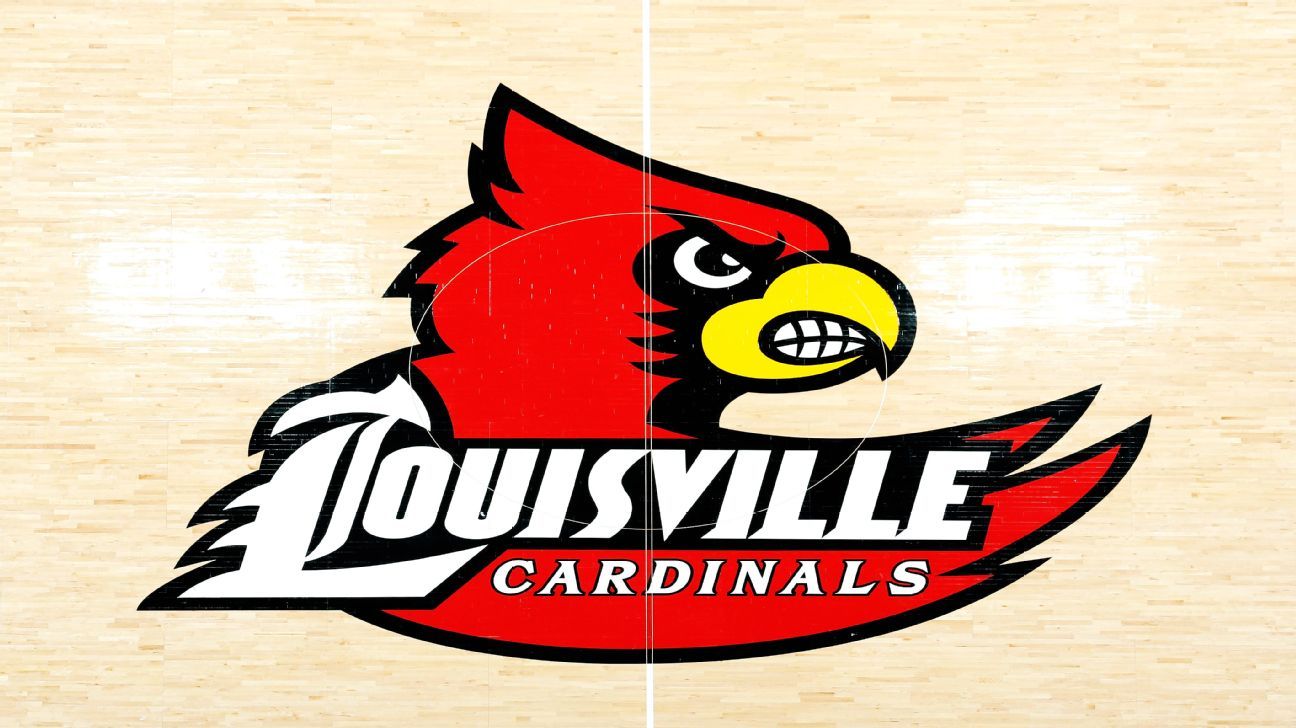An independent panel has placed Louisville men’s basketball on two years’ probation and fined the program $5,000, but spared the school — and former coaches Rick Pitino and Chris Mack — major penalties from NCAA allegations leveled in the aftermath of a federal investigation of corruption in college basketball.
The Independent Resolution Panel (IRP) announced Thursday that Louisville avoided a postseason ban and other significant sanctions in the infractions case that began with the FBI’s 2017 investigation into corruption around college basketball and the school’s relationship with former star recruit Brian Bowen Jr.
Louisville was also given a two-week ban on unofficial visits and a public reprimand and censure. The panel concluded that the NCAA failed to show “evidence” that Adidas, cited as an orchestrator of a scheme to funnel recruits to its partner schools, “was a representative” of the university.
Former Louisville assistants Kenny Johnson and Jordan Fair, who had been accused by the NCAA of arranging payments to Bowen’s family and the family of another recruit and providing false information to the NCAA about their relationships with recruits, were both given two-year show-cause penalties by the panel for Level I violations.
Those penalties will limit their collective ability to work in college basketball during that period, although Johnson’s show-cause specifically pertains to his ability to recruit at live events during those two years. Johnson is an assistant at Rhode Island on Archie Miller’s staff, while Fair has recently coached on the AAU circuit. The violations that did not involve Fair and Johnson were Level III violations.
The panel’s ruling cannot be appealed.
In 2017, the FBI alleged that Pitino and his staff had worked with Adidas, the school’s apparel partner, to funnel payments to Bowen and another recruit. Both Pitino, now the head coach at Iona, and former athletic director Tom Jurich were fired.
The NCAA’s notice of allegations cited Pitino for failure to promote an atmosphere of compliance. Multiple people tied to Adidas have been indicted and imprisoned for their roles in the corruption scandal, but the panel determined that both Pitino and Adidas were not at fault.
“As a result, the hearing panel did not find any additional violations for Louisville related to actions by the apparel company or its employees in this case,” the panel said in a statement. “Additionally, the hearing panel determined no violation by [Pitino] occurred given that he demonstrated he promoted an atmosphere of compliance.”
David Benck, senior vice president, general counsel and assistant secretary of a retail company, international and domestic arbitrator, and the chief panel member for the IRP, said the panel did not view Adidas as anything more than a company marketing itself in the Louisville case.
“It was our interpretation that it was merely their own brand promotion,” Benck said Thursday at a press conference. “On top of that … the institution never requested any assistance with recruiting.”
That ruling also could bode well for Kansas, which faces similar accusations of using Adidas to influence recruits in an infractions case also being handled by the IRP. Kansas announced Wednesday that it had self-imposed a four-game suspension on coach Bill Self and assistant Kurtis Townsend, who are both named in the notice of allegations against the school.
While Louisville was working through the Bowen case, allegations of recruiting violations against Mack, who left the program last year, complicated and extended this chapter for Louisville. After former assistant Dino Gaudio threatened to expose NCAA allegations within the Louisville program following his dismissal from Mack’s staff, he was charged in federal court for an attempt to extort the program. He received a fine and probation.
Louisville later self-reported multiple recruiting violations related to graduate managers and other staffers participating in on-court activities and showing videos to recruits that featured their names, images and likenesses.
But the IRP determined those violations were “isolated and inadvertent and provided no more than a minimal recruiting or competitive advantage and, thus, did not provide sufficient basis to support that [Mack] violated head coach responsibility or failed to promote an atmosphere of compliance.”
The Independent Accountability Resolution Process (IARP) was created in 2019 as an alternative for schools that wanted their cases to be heard by people outside of NCAA Division I athletics. The process has been clogged by delays and complications, and the NCAA has decided to eliminate the IARP after it handles its upcoming cases.
